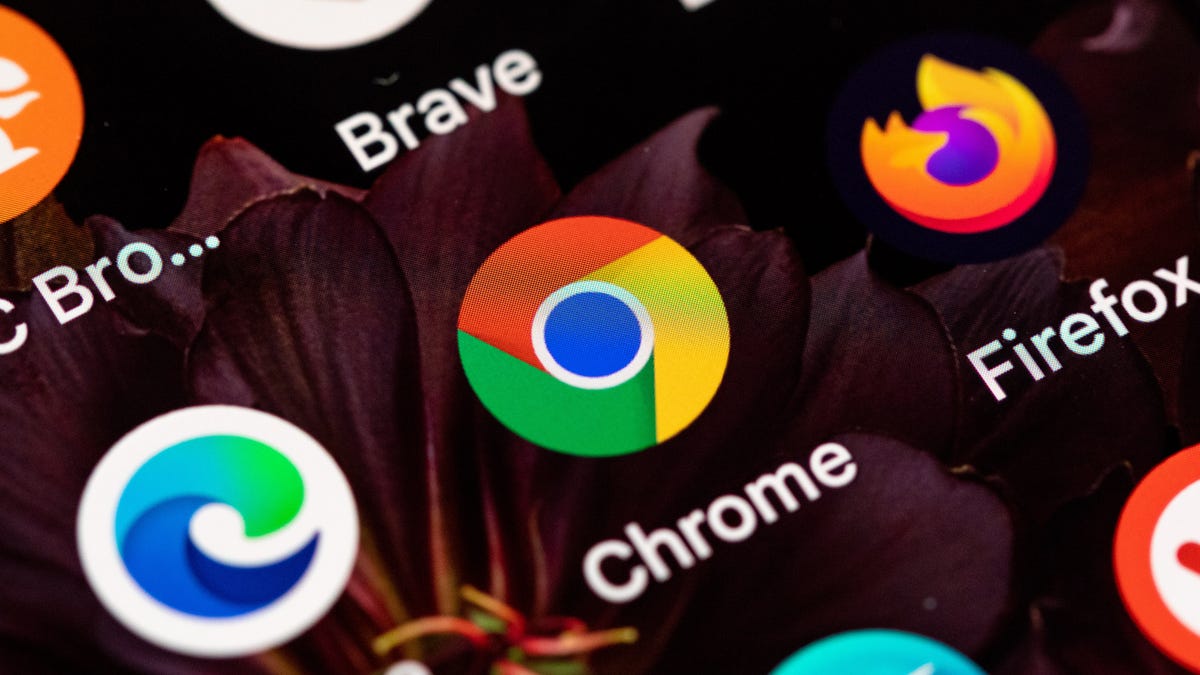Chrome Gets Passkey Support for Easier, Safer, Phishing-Proof Logon
Passkeys also arrived on Apple devices and browsers in recent weeks as the industry works to dump flawed password technology.

Chrome now can take advantage of new passkey technology developed by Google, Apple and Microsoft as a way to fix the logon shortcomings of passwords.
Passkeys, which arrived in iOS 16 and MacOS Ventura in recent weeks, most often use a biometric check on your phone or laptop to authenticate your access to an app or website. With Passkeys now available in Chrome, Google's password manager can synchronize passkeys across Chrome on different devices and with Android itself.
The combination of having your hardware with you and passing the biometric check is more secure than conventional passwords alone and than flawed two-factor authentication systems like verification codes sent by text message.
"We need to move towards passwordless authentication," said Ali Sarraf, a Chrome product manager, in a blog post Thursday. "Passkeys are a significantly safer replacement for passwords and other phishable authentication factors. They cannot be reused, don't leak in server breaches, and protect users from phishing attacks."
Passkeys remain unusual in the real world so far. But websites and apps have begun supporting the technology. For example, PayPal added passkey support in October.

